Logistics Advice for Successful Event Management
Introduction and Overview
In the field of Event Management, the seamless execution of logistics and operations forms the core of successful corporate events. As a seasoned Event Planner, grasping the intricacies of each element—from meticulous venue selection to strategic risk management—is crucial in delivering an exceptional attendee experience. This guide provides an in-depth look at each phase, offering actionable insights to refine your Event Planning approach. By focusing on key areas such as communication, vendor coordination, and timeline management, you can navigate the complexities of event logistics with confidence, ensuring a smooth and memorable outcome for every event.
Venue Selection Essentials
Choosing the right venue sets the tone for any corporate event. Consider capacity to ensure comfort and safety, but also evaluate the ambiance to match the event's theme. Location is paramount for accessibility and convenience. Conduct thorough research and multiple site visits to assess factors such as parking, public transport links, and amenities. A venue that aligns with your event's goals can elevate the overall experience. Pay attention to the venue's layout to plan efficient traffic flow and space utilization. Contract specifics, such as cancellation policies and availability of in-house services, are equally important. Effective venue selection involves balancing aesthetic appeal with practical considerations, ensuring a seamless event experience.
Effective Communication
Effective communication is the backbone of successful event planning. It involves active listening and clear articulation to ensure that all stakeholders, from team members to vendors, are on the same page. Utilizing tools like project management software and instant messaging apps can facilitate real-time updates, allowing for immediate issue resolution. Scheduled check-ins and feedback sessions keep the project aligned and provide opportunities for adjustments. Adaptability is key; being able to modify plans and communicate changes promptly can prevent misunderstandings. Leveraging these strategies will enhance collaboration and ensure that everyone involved is informed and prepared for their roles, leading to a seamless event execution.
Vendor Management Strategies
Successful vendor management hinges on clear communication and mutual understanding. Start by thoroughly vetting potential vendors to ensure they align with your event's standards and expectations. Establish detailed contracts that outline specific deliverables, deadlines, and responsibilities to avoid any ambiguities. Regular check-ins via phone or email can help keep vendors on track and address any issues promptly. It's also wise to build a rapport with your vendors; a strong relationship can lead to better cooperation and smoother problem-solving during the event. Additionally, consider using project management tools to centralize all vendor information and streamline communication. This approach ensures that every vendor is aware of their tasks and timelines, contributing to a cohesive and well-executed event.
Timeline and Scheduling
A well-structured timeline is the backbone of any successful corporate event. Start by breaking the event into manageable phases, such as setup, execution, and teardown. Assign specific tasks and deadlines for each phase to ensure no detail is overlooked. Regularly review and update the timeline to accommodate any changes or unexpected developments. Incorporate buffer times to handle any unforeseen delays without disrupting the overall schedule. Utilize digital tools like Gantt charts or project management software to visualize the timeline and track progress. Consistent communication with your team and vendors is essential to keep everyone aligned and on schedule. By prioritizing meticulous scheduling and time management, you can maintain a steady workflow, minimize stress, and ensure that every aspect of the event unfolds as planned.
On-Site Coordination
On-site coordination demands a blend of precision and adaptability. Begin by clearly defining roles and responsibilities for your team to ensure each aspect of the event is managed efficiently. Utilize real-time communication tools to stay connected with your team and vendors, enabling quick resolutions to any issues. Establish a centralized command point where key personnel can oversee operations and make decisions on the fly. Pay special attention to loading dock coordination to streamline vendor deliveries and setups, avoiding congestion and delays. Implement checklists and run-throughs to confirm that all equipment and materials are in place before the event begins. Stay vigilant and proactive, ready to tackle any unforeseen challenges with backup plans and alternative solutions. Your presence as an attentive coordinator will foster a sense of calm and order, allowing your team and vendors to execute their tasks seamlessly.
Risk Management in Events
A solid risk management plan is vital for anticipating and addressing potential issues. Begin with a thorough risk assessment, identifying vulnerabilities such as weather disruptions, technical failures, or vendor delays. Develop contingency plans for each identified risk, ensuring you have backup options ready to deploy. Regularly communicate these plans to your team and vendors to guarantee everyone is prepared. Conduct dry runs and simulations to test your plans and adjust them as necessary. Insurance policies can also be valuable, offering protection against unforeseen circumstances. Always have an emergency contact list and medical response plan in place. By staying proactive and organized, you can navigate risks effectively, ensuring your event remains on track.
Wrap Up and Summary
Effective logistics and operations are the cornerstones of executing successful corporate events. This involves more than just choosing a venue and managing vendors; it requires a strategic approach to communication, risk management, and on-site coordination. By actively listening and keeping all stakeholders informed, you ensure alignment and adaptability. Establishing strong relationships with vendors through clear contracts and regular check-ins promotes a collaborative environment. Crafting a detailed timeline with built-in buffer times helps you stay on schedule and manage unforeseen changes seamlessly. Implementing robust risk management plans and conducting thorough dry runs prepare you to handle unexpected challenges confidently. Leveraging digital tools for project management and real-time communication can streamline processes, making the event execution smoother. With careful planning and proactive management, you can create memorable experiences that resonate with attendees and exceed client expectations. This guide aims to equip you with practical strategies to refine your approach to Event Planning and Management. For further insights and a comprehensive overview, refer to the Event Planner Blueprint master article, which delves deeper into the broader scope of event management.










